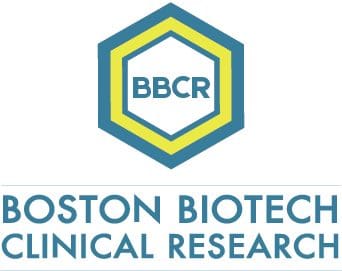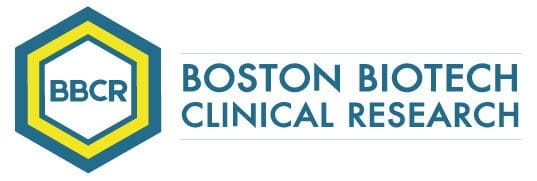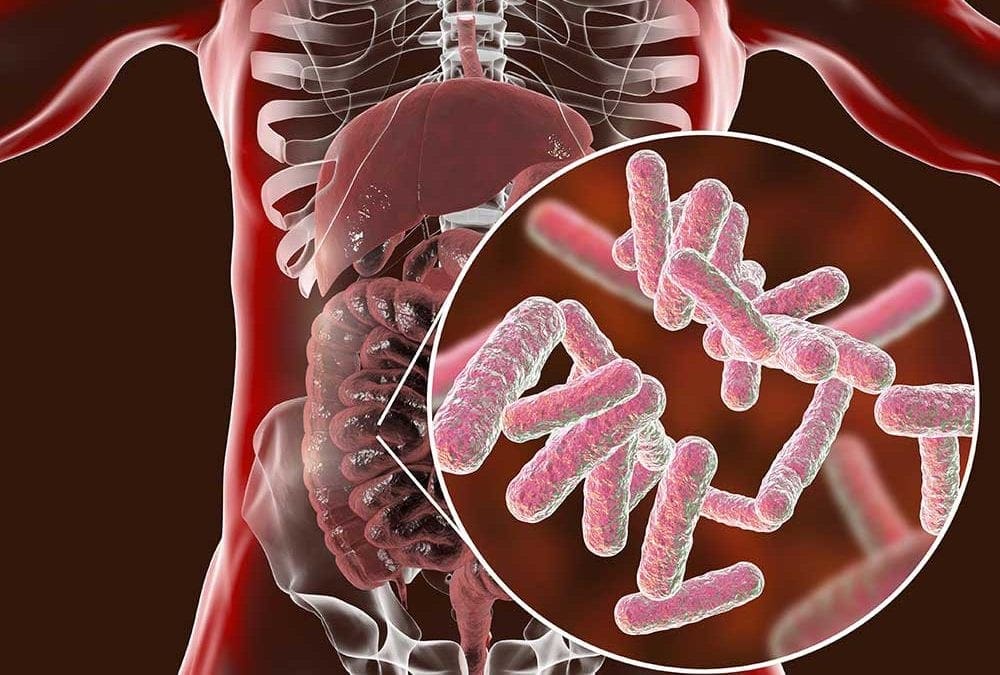The gut microbiome serves many useful functions in the body, but it can also rev up the immune system in harmful ways.
Zit has been pustulated that Diet can influence the microbiome and the mucosal immune response.
In the paper: “Diet modulates colonic T cell responses by regulating the expression of a Bacteroides thetaiotaomicron antigen,” Sci Immunol, 4:eaau9079, 2019, researchers found out that a Bacteroides thetaiotaomicron (B. theta) antigen interacted strongly with receptors on CD4+ T cells.
This is just one of the microbiome models showing that gut bacteria interact with T cells to induce a mucosal immune response. Understanding which gut microbes and antigens are the primary culprits in inflammatory responses in conditions such as inflammatory bowel disease, will be an alternative to treat gastrointestinal autoimmune disease.
Developing clinical plan and trial design to prove effectiveness of microbiome changes in autoimmune and infectious disease of the gut presents its own challenges.
Evaluation of individual treatment mechanism of action must be at the center of the analysis which will give to these innovative probiotic drugs the right opportunity to reach regulatory approval.

Specializing in rare disease, Boston Biotech Clinical Research works with biotech, pharmaceutical, device companies and investors to streamline the clinical trial process. Our experienced team helps each client reach their specific goals by customizing a clinical and regulatory road map of simplified programs and streamlined protocols to meet our clients’ requirements.

